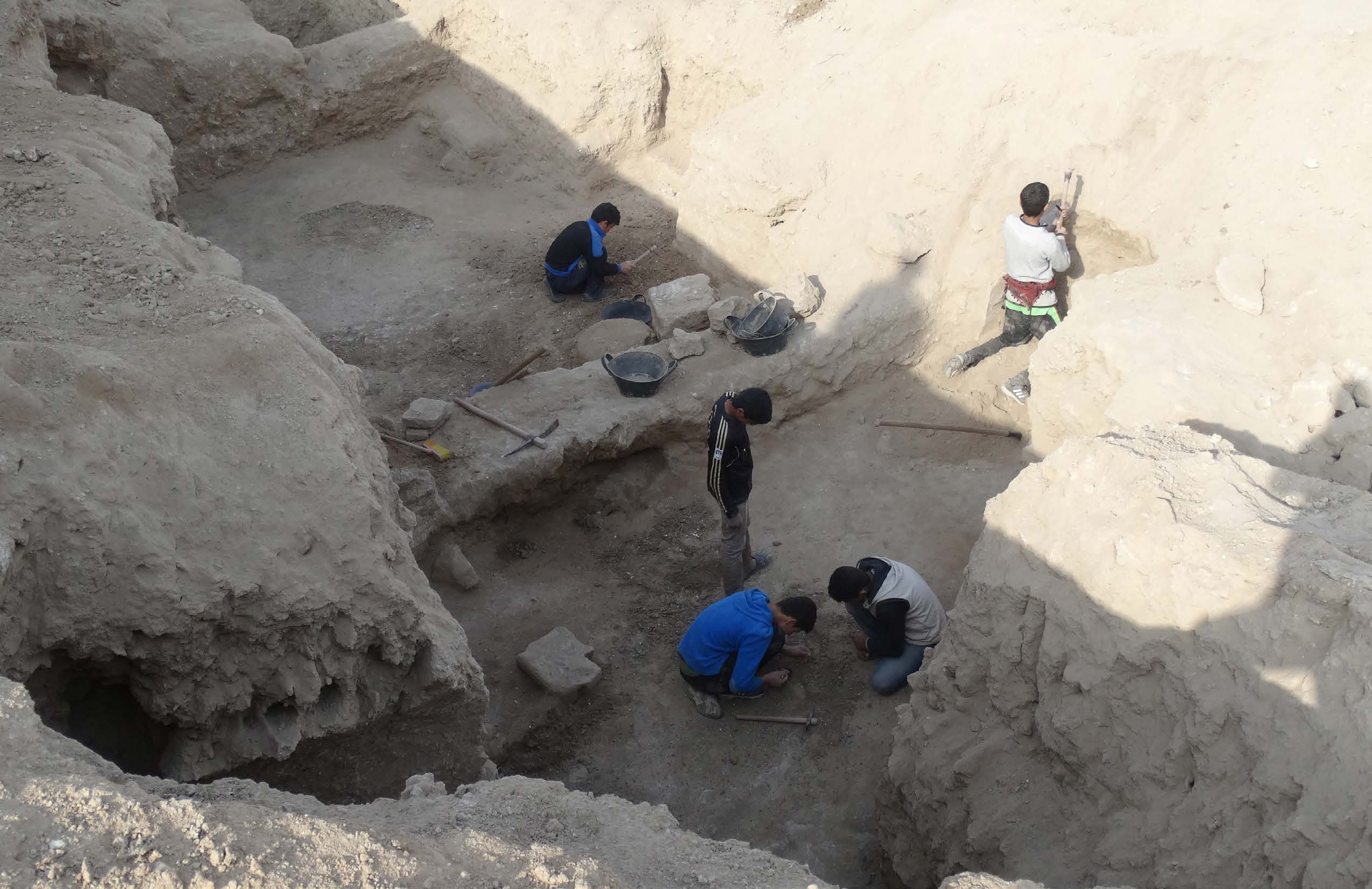The European Union should work to ensure people involved in the trafficking of antiquities are prosecuted on serious criminal charges, including financing terrorism, the Docket, a Clooney Foundation for Justice initiative, said today in its response to a public consultation launched by the European Commission.
The Docket participated in the consultation which is part of the Commission’s action plan against trafficking in cultural goods for 2022-2025. On June 8, 2022, The Docket launched its report The Need for Prosecuting Participants in the Illegal Antiquities Trade, which traced key smuggling roots out of the MENA region and to Europe and North America. The report outlined The Docket’s findings of a two-year investigation that aims to dismantle these criminal networks and bring to justice European and US dealers involved in conflict antiquities trade.
The looting of antiquities fuels international crimes and ongoing conflicts in the MENA region and enables the commission of grave human rights violations, the Docket’s report detailed. State and non-state armed groups in Syria, Iraq, Libya, and Yemen have institutionalized the looting of antiquities as a weapon of war and a major source of financing. These crimes will continue unabated and remain profitable for as long as there is a largely unregulated international market for illicit antiquities where the dealers, brokers, and intermediaries operate with impunity.
Key points from the Docket’s consultation response:
- Criminal prosecution will have the necessary deterrent effect to disrupt the illegal antiquities trade;
- The EU is not only an entry point for looted cultural artifacts from source countries but also a major market region;
- The EU should focus on the international crime aspect of the trafficking of antiquities and work to facilitate the successful prosecutions of actors on serious criminal charges, including complicity in international crimes and financing terrorism;
- The EU should extend the scope of regulation on illegal imports to easily portable and low-value items, which constitute the bulk of the online trade of looted artifacts;
- Permanent, interdisciplinary research groups, cross-agency training, and best-practice sharing by war crimes and cultural heritage groups are all essential; and
- Further cooperation between law enforcement and civil society should be encouraged.
“European Commission could play a critical role in tackling the illicit antiquities trade. Our recommendations are meant to continue raising awareness and seek justice for the victims of the atrocities financed by the trafficking of antiquities” said Anya Neistat, Legal Director of The Docket.
The EU Commission plans to adopt its plan against trafficking in cultural goods in the fourth quarter of 2022, which is part of the Commission’s EU Strategy to Tackle Organised Crime (2021-2025).
